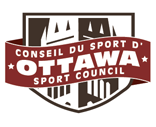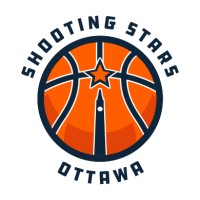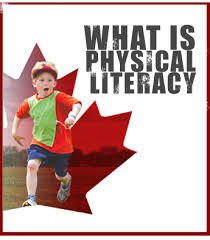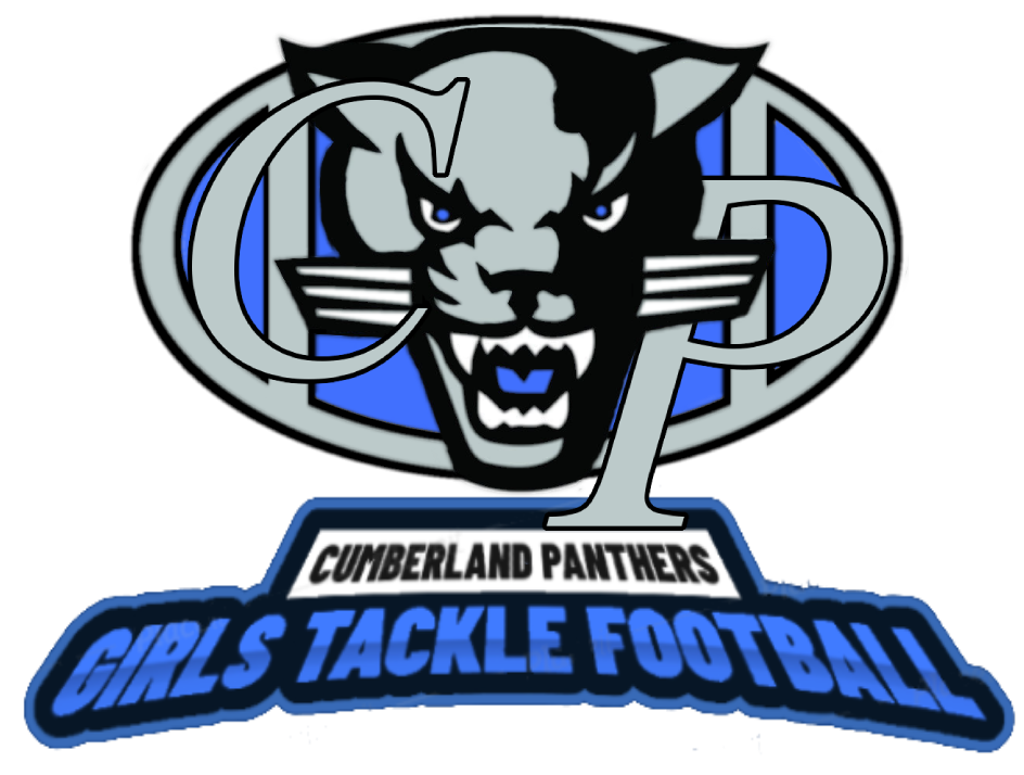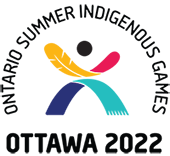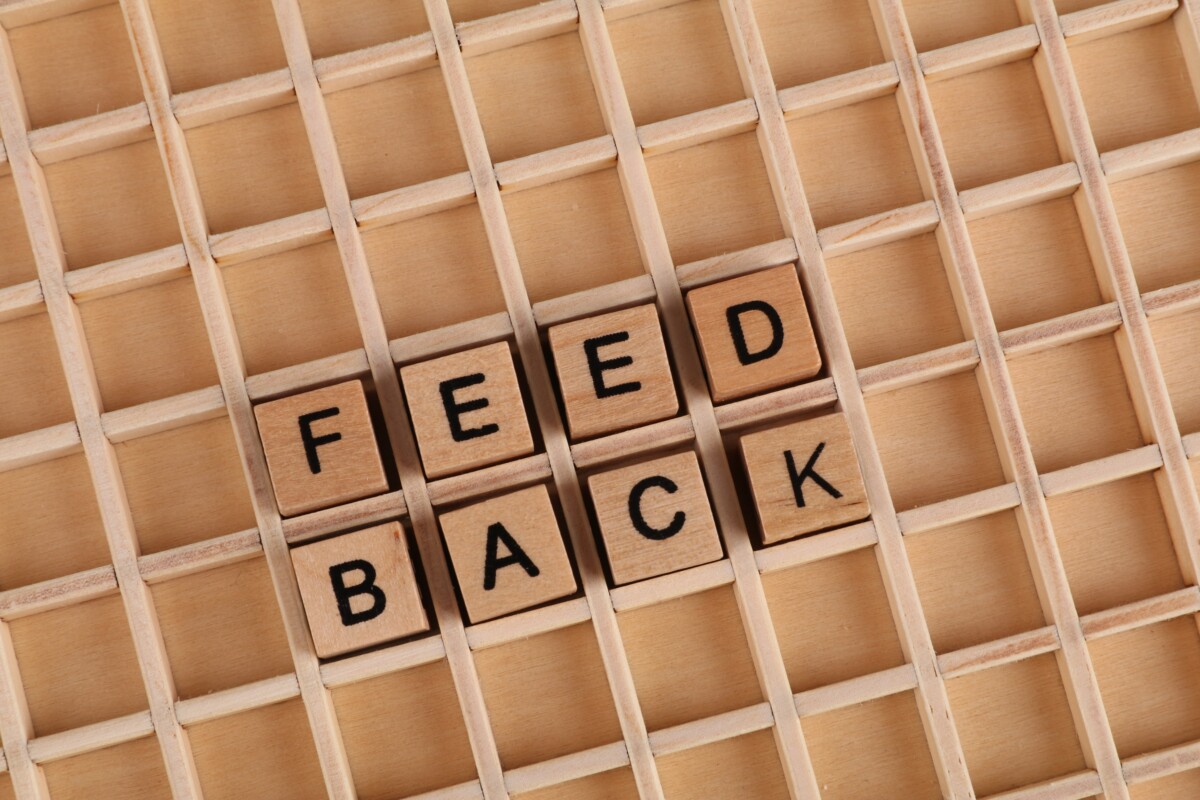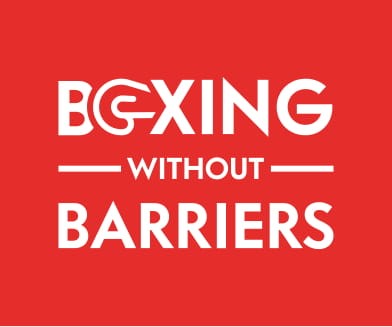As the 2022 True Sport Report articulates, community sport is heavily reliant on volunteers from several perspectives. Volunteers in community sport include the Board of Directors, administrators, committee members, coaches, officials, and more. The Ottawa Sport Council relies on volunteerism for its Board of Directors, working committees and events on an ongoing basis. Without the support of dedicated volunteers, the Ottawa Sport Council is unable to deliver on our mandate and programming. This is the same for many community sport organizations.
Not only does the community sport sector rely on volunteers to operate, but 65% lifelong volunteers in Canada start by volunteering with sport organizations (True Sport Report, 2022). This year’s True Sport Report also articulates the social capital and community benefits of increasing volunteerism.
The Power of Volunteerism
The benefits of volunteering are at the individual, organizational, and community level. Some of these benefits include:
- Individual benefit: Opportunities to volunteer can increase individual feelings of belonging within their community and provides human connection.
- Organizational benefit: Volunteers offer a wide variety of knowledge, skills, and lived experiences. This offers organizations access to subject matter experts.
- Community benefit: Volunteerism boosts social capital and inclusion of equity-deserving groups to strengthen communities.
Current State of Volunteerism in Sport
The Ottawa Sport Council has been faced with many volunteer-capacity challenges and opportunities over the course of the pandemic. The experiences of the Ottawa Sport Council have enabled us to identify the following trends in community sport:
- Volunteers were over-taxed during the pandemic. Key volunteers experienced high levels of stress and volatility during the pandemic. With ever-changing restrictions and recommendations from Public Health and the government, volunteers were faced with added workload and unprecedented levels of stress. New risks and considerations created stress for volunteer decision-makers, like the Board of Directors.
- Long-time volunteers are burnt out and stepping away. Life-long volunteers who were overwhelmed during the pandemic have reached their limits, and many are choosing to take a step back in their volunteer responsibilities. Not only is this leaving fewer volunteers at the table, but it is also creating knowledge gaps within organizations.
- Volunteer roles are increasingly complex. In addition to the public health complexities of managing sport over the last two years, there have also been other complexities at play. Rowan’s Law, Safe Sport, and a push for more equitable and inclusive practices have been added to the already many responsibilities of volunteer community sport leaders.
Example: The Ottawa Safe Sport Toolkit
The Ottawa Safe Sport Toolkit is an online toolkit to help Ottawa sport organizations foster safe, welcoming, and inclusive sport environments. This toolkit was designed in partnership with volunteers from 12 different sport organizations throughout Ottawa.
The intention of the pilot process was for these organizations to fully implement the toolkit and provide the necessary feedback to the Ottawa Sport Council to make the resources accessible and user-friendly. The complexity of Safe Sport implementation and constraints faced by the volunteers translated into limited implementation and feedback which meant the early impacts of the Ottawa Safe Sport Toolkit were not as significant.
This example is a familiar scenario for many community sport organizations throughout the city, where programming delivery is limited because of volunteer capacity.
Where do we go from here?
The Ottawa Sport Council and community sport organizations throughout the city will need to get creative to meet the needs of community sport participants. This may include a variety of strategies to recruit, train, manage, and retain key volunteers. We are committed to finding new strategies to increase our own volunteer capacity and will share the lessons we learn to ensure we can provide positive sport experiences for everyone in our community.
